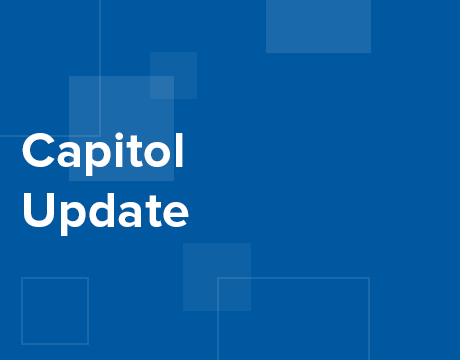IBM Policy Director Presents to ASME Public Affairs & Outreach Council
IBM Policy Director Presents to ASME Public Affairs & Outreach Council


Continuing its six-month analysis of the artificial intelligence (AI) landscape, ASME’s Public Affairs and Outreach (PAO) Council solicited the perspective and expertise of Ryan Hagemann, Co-Director of the IBM Policy Lab. Based in Washington, DC, the Policy Lab is an IBM internal think tank that works with industry, academia, civil society, and governments to guide policymaking. It has recently addressed 5G technology, climate and energy challenges, and AI, to name a few cross-cutting topics.
Facilitated by Kalan Guiley, PAO Senior Vice President and Boeing engineer, the Zoom meeting included Hagemann’s outlook on the global AI policy landscape, how to regulate this emerging and disruptive technology, and next steps for standards-development organizations (SDOs) such as ASME. The meeting’s forty participants included ASME CEO Tom Costabile, Chief Strategy Officer Michael Johnson, and several ASME volunteer leaders.
Hagemann discussed the distinctions between “hard laws” (formal regulations and codified statutes) versus “soft laws” (systems of substantive expectations without enforcement). As developments in AI clearly demonstrate the gaps between emerging technology and related laws, regulations, and oversight mechanisms, Hagemann described how ‘soft law’ is the new governance norm—which can involve voluntary standards, multi-stakeholder processes, and regulatory guidance. In terms of regulating AI, Hagemann summarized, “Once the genie is out of the bottle, it’s tough to put back in.”
Even as the COVID-19 pandemic challenges every government around the world, Hagemann highlighted upcoming AI developments out of Brazil, with its national AI strategy; the European Commission, with its current white paper and ensuing legislation; and U.S. federal agency plans to comply with the Office of Management and Budget (OMB)’s AI guidance. In this context, the U.S. continues to face regulatory challenges that disruptive technologies present—mostly regulating at the margins, instead of implementing a scheme of ‘hard laws’ that unambiguously define boundaries.
In civil society, in terms of other SDOs, Hagemann explained efforts by ISO and IEEE to develop AI definitions and a shared “taxonomy,” in a landscape of varied definitions, boundaries, and jurisdictions. Bolstering Hagemann’s recommendation that SDOs comment publicly on global AI governance, John Hasselmann—Managing Director of ASME Global Public Affairs—noted that ASME is responding in the coming weeks to the European Commission’s request for public stakeholder contribution.
To engage with ASME on this issue, please do not hesitate to reach out to Aaron Weinerman, Manager, Global Public Affairs, at WeinermanA@asme.org.
To learn more about the IBM Policy Lab, please visit: https://www.ibm.com/policy/.





